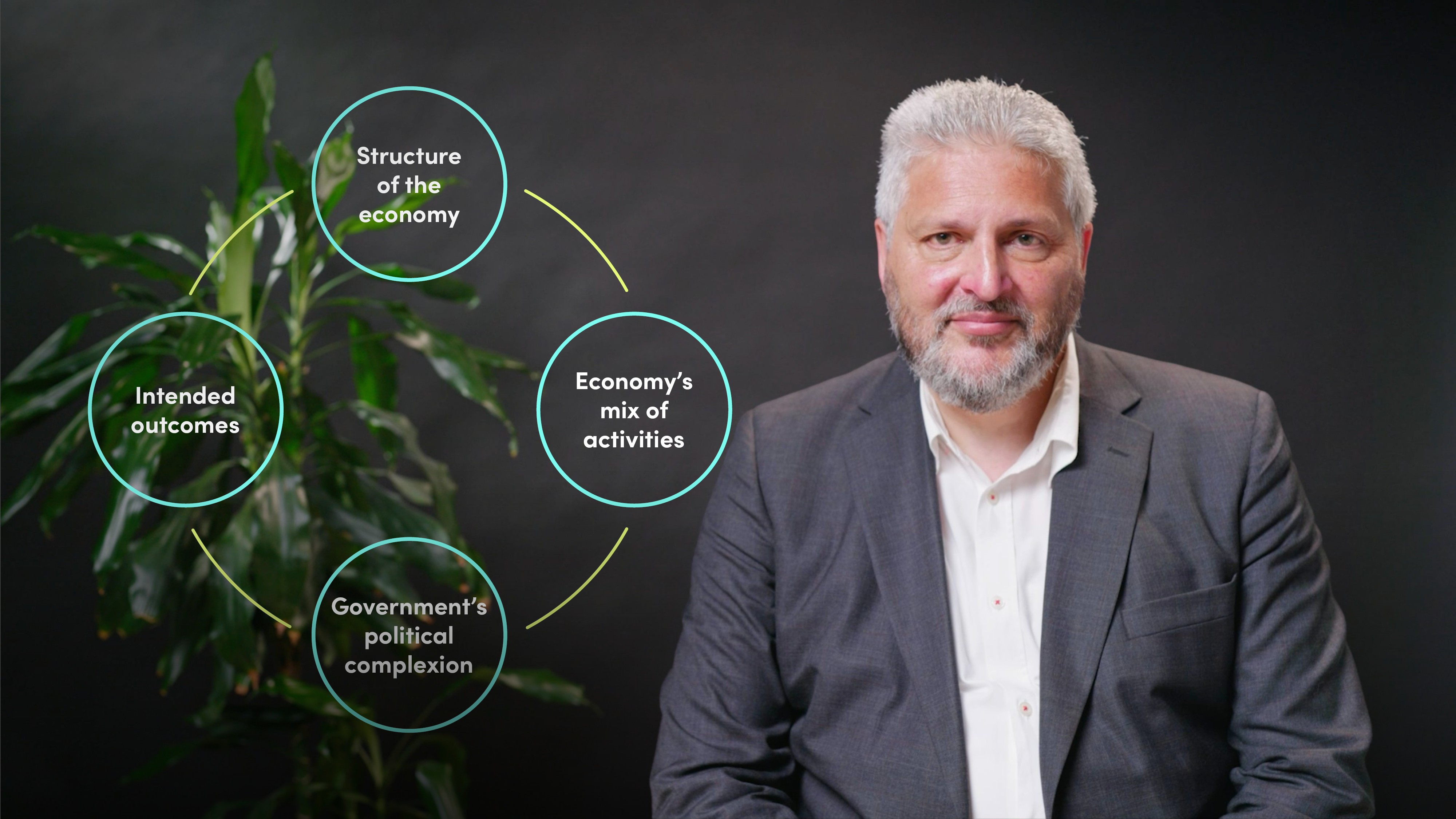
Global Taxonomy Fragmentation

Keith Mullin
35 years: Capital markets editorial
In this video, Keith discusses the growing concerns around the proliferation of diverse and divergent taxonomies, which are leading to fragmentation and taxonomy competition. There are fears that multiple verification processes will lead to higher issuing costs and lower issuer and investor confidence. However, international organisations such as the IPSF and the G20's Sustainable Finance Working Group are working towards international alignment and co-ordination to minimise risks and ensure transparency in the sustainable finance market.
In this video, Keith discusses the growing concerns around the proliferation of diverse and divergent taxonomies, which are leading to fragmentation and taxonomy competition. There are fears that multiple verification processes will lead to higher issuing costs and lower issuer and investor confidence. However, international organisations such as the IPSF and the G20's Sustainable Finance Working Group are working towards international alignment and co-ordination to minimise risks and ensure transparency in the sustainable finance market.

Global Taxonomy Fragmentation
4 mins 27 secs
Key learning objectives:
Understand the issues with too many taxonomies
Outline some of the international organisations encouraging alignment and standardisation
Overview:
Fragmentation of taxonomies is emerging as a problem due to the different angles and speeds that countries are approaching them with. This is causing issues with competition and inconsistent language, making it difficult for international companies and investors to comply with multiple standards. Some asset managers and owners are drafting their own taxonomies which may further complicate the situation. However, certain international organisations are working on alignment and standardisation to minimise fragmentation and ensure transparency and integrity of sustainable finance markets.
Why are too many taxonomies a problem?
There is no such thing as a one-size-fits-all approach to constructing a taxonomy. Things that work well for one country, might not work for another.
However, the issue with too many taxonomies is fragmentation, as countries are approaching them from different angles and at different speeds. This can potentially lead to taxonomy competition, splintered and inconsistent taxonomies, taxonomies that have divergent end-games, or use different language to define activities, making it difficult for international companies and investors to be omni-compliant without extraordinary effort.
Multiple verification processes will lead to higher issuing costs and lower issuer and investor confidence. Some large asset managers and asset owners are starting to draft their own taxonomies, muddying the waters even more.
What international organisations are encouraging alignment and standardisation in taxonomy development?
In order to address these issues, international organisations are working to encourage alignment and standardisation in taxonomy development. The Taxonomy Working Group of the International Platform on Sustainable Finance (IPSF) published its second Common Ground Taxonomy report on Climate Change Mitigation in June 2022. The IPSF hopes to improve the interoperability and consistency of taxonomies around the world. Additionally, the International Organisation for Standardisation and the International Sustainability Standards Board are working on sustainability standards and the G20’s Sustainable Finance Working Group is focused on international alignment.

Keith Mullin
There are no available Videos from "Keith Mullin"

